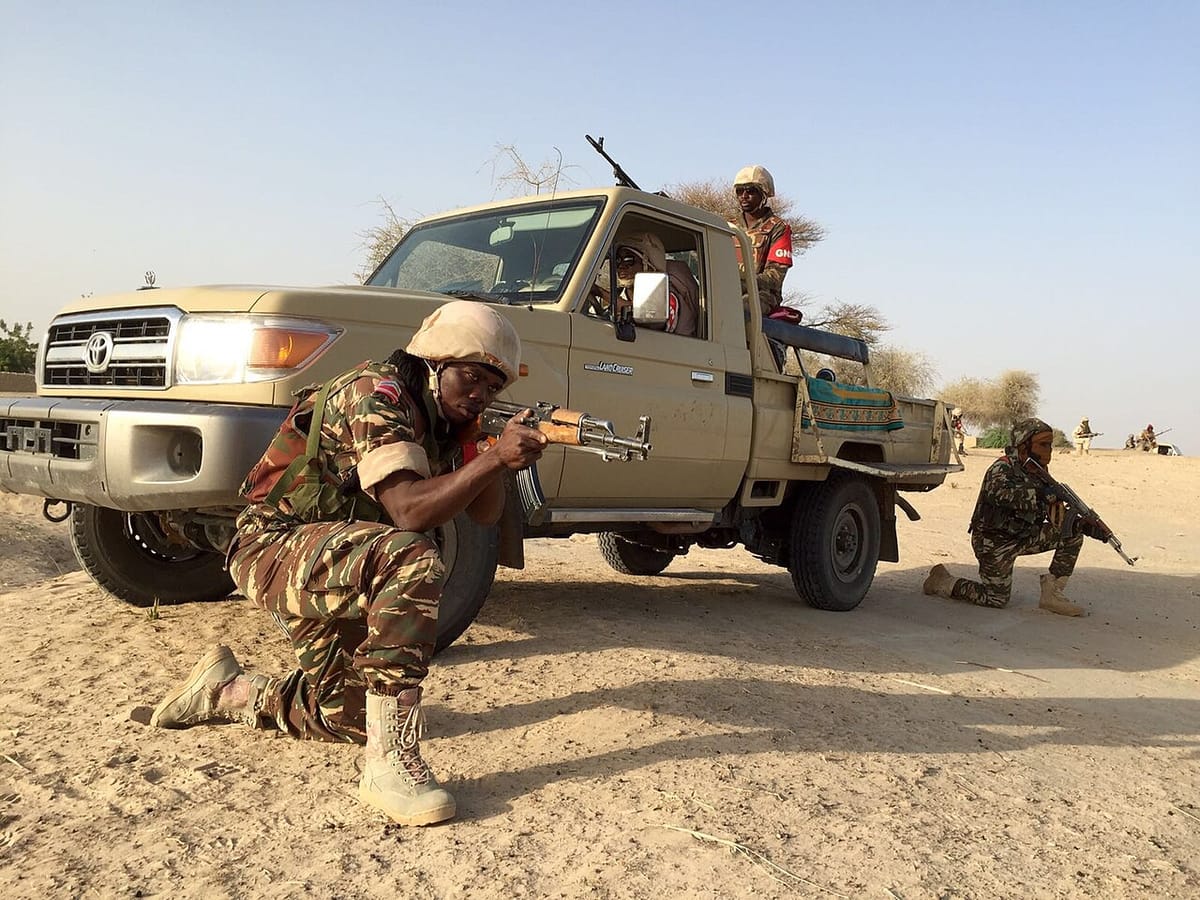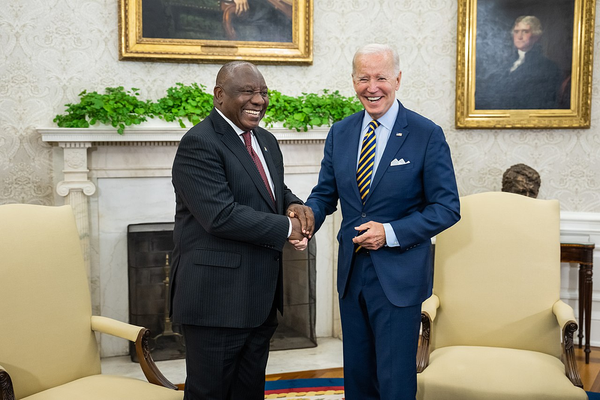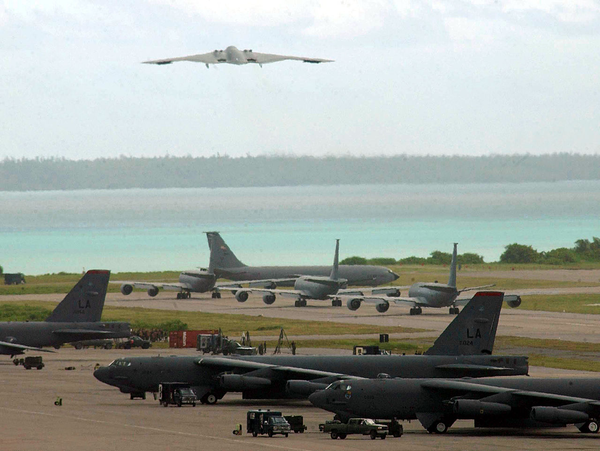The Resurgence And Rise Of Lukarawa: From Mercenaries To Militants In NorthWestern Nigeria.
While initially driven by financial gain as hired protectors, Lukarawa has adopted more aggressive tactics, including colluding with other militant groups in the Sahel, which may influence Lukarawa's increasingly extremist ideology, exploitation and the imposition of extremist dogma.

Lukarawa, a group primarily comprised of fighters from Mali, Libya, and Algeria, first appeared in Nigeria in 2018 as mercenaries for Fulani communities in Sokoto and Kebbi states. Their initial objective was to protect livestock from bandit raids, and they were largely successful in this role. However, as their influence grew, Lukarawa's ambitions expanded beyond their original mandate. By 2018, the Sokoto State government attempted to expel the group, recognizing their potential to become a destabilising force. Despite these efforts, Lukarawa persisted in the region, evolving from a security service for hire, into a group with its own militant objectives.
Exploiting Regional Instability for Resurgence.
The July 2023 coup in Niger significantly altered the security landscape in the region. The dissolution of military cooperation between Niger and Nigeria created porous borders, which Lukarawa exploited to re-enter Nigerian territory. They focused their efforts on Kebbi State, where they reportedly formed alliances with local bandit groups, further expanding their influence and access to resources. This resurgence highlights how regional instability can create opportunities for armed groups to thrive. The power vacuum created by the coup in Niger, coupled with pre-existing unrest in the Sahel, has allowed Lukarawa to operate more freely and expand its operations.

Shifting from Protection to Exploitation.
While initially driven by financial gain as hired protectors, Lukarawa has adopted more aggressive tactics, including colluding with other militant groups in the Sahel, which may have influenced Lukarawa's increasingly extremist ideology, exploitation and the imposition of extremist dogma. They demand cattle and other assets from locals as payment for protection, creating a system of forced taxation that has impoverished communities. This exploitation has led to the displacement of farmers, forcing them into overcrowded internally displaced persons (IDP) camps. The group's activities now contribute to the humanitarian crisis in northwestern Nigeria. Experts believe that affiliations with other militant groups in the Sahel may influence Lukarawa's increasingly extremist ideology.
Growing Concerns and Regional Implications.
The expansion of Lukarawa raises serious concerns for regional stability. Security experts suggest the group may have established a network of cells across Nigeria, poised to exploit weaknesses in the country's security apparatus. As instability in the Sahel continues, Lukarawa's presence highlights the threat of foreign fighters and mercenary groups in vulnerable regions. The situation is further complicated by the fact that Lukarawa does not fit the traditional definition of a terrorist organization, making it more difficult to address their activities.

Looking Ahead: A Complex Challenge for Nigeria.
Lukarawa's transformation from mercenaries to insurgents demonstrates how regional instability and porous borders can fuel the rise of armed groups with evolving ideologies. Their presence in northwestern Nigeria represents a complex challenge for the Nigerian government. The wider issue of regional instability compounds the need to address Lukarawa's immediate threat. This challenge is further exacerbated by strained resources for counterterrorism efforts and weakened state structures across the region. With Lukarawa's growing boldness and potential reach beyond northwestern Nigeria, the situation demands urgent attention and a multi-faceted approach to counter their influence and protect vulnerable communities.
We invite you to explore sponsorship opportunities or get in touch with us. Reach out to admin@prominentgreen.com.
Your engagement is highly valued, and we look forward to enthusiastically hearing from you!

Thank you for reading!
Stay informed and empowered by joining our community of curious minds. Subscribe to our weekly newsletter for the latest insights and in-depth coverage of Africa’s most important headlines.
If this was forwarded to you, don’t miss out on future updates—subscribe now, share your thoughts in the comments, and help us spread knowledge far and wide!




